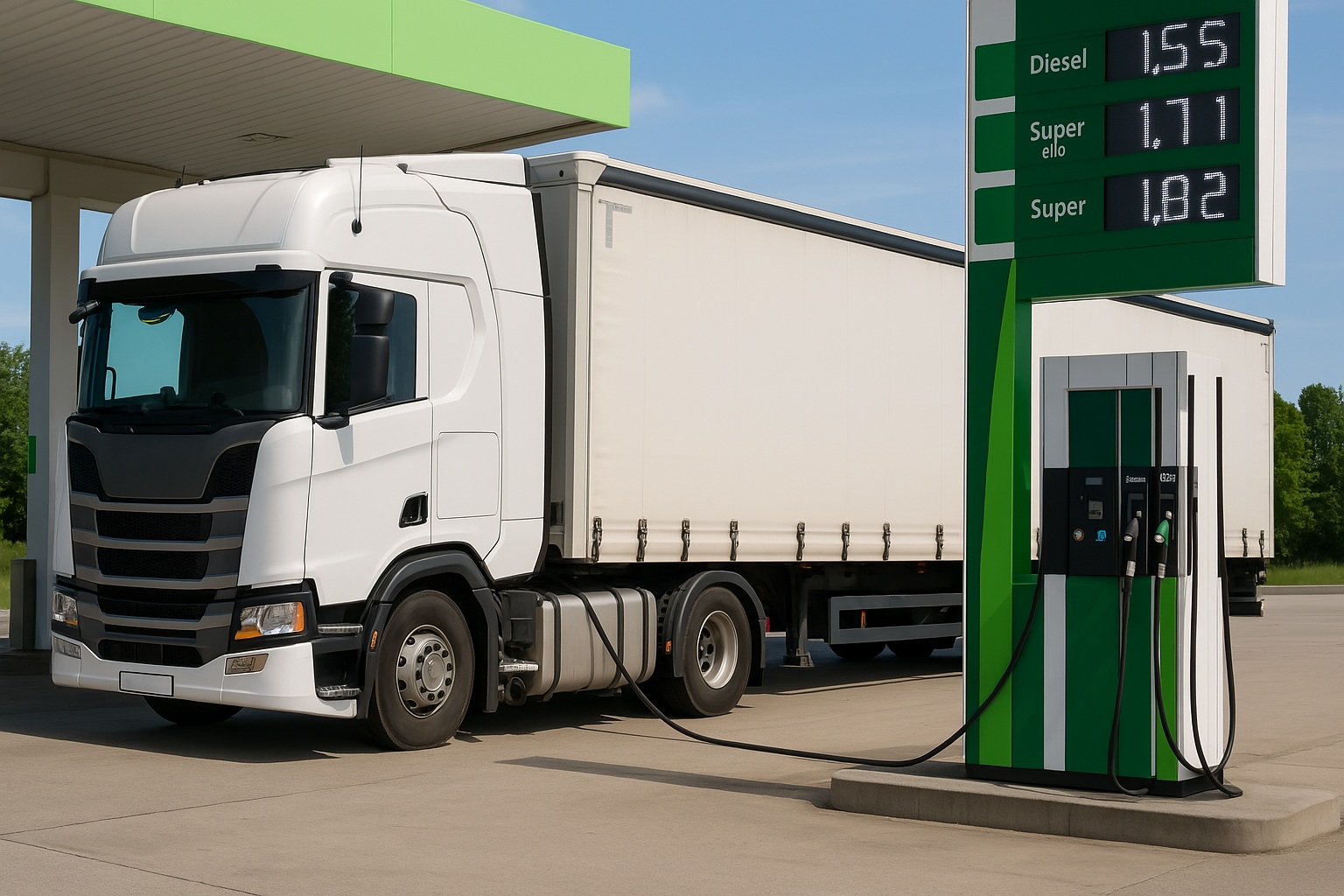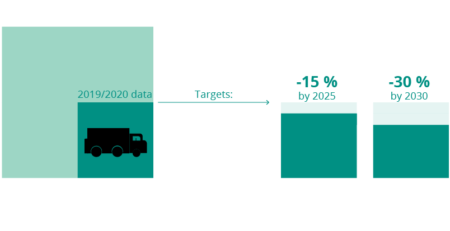How Hydrogen Systems Help Trucking Companies Save Fuel and Reduce Emissions
How Hydrogen Systems Help Trucking Companies Save Fuel and Reduce Emissions
In the modern age, trucking companies are under increasing pressure to reduce fuel costs and minimize their environmental impact. With rising fuel prices and the growing need to meet stricter environmental regulations, many companies are exploring innovative solutions to improve efficiency and sustainability. One of the most promising technologies that has emerged in recent years is hydrogen systems. These systems, designed to optimize engine performance and reduce fuel consumption, are becoming a game-changer for the trucking industry. This article will explore how hydrogen systems can help trucking companies save fuel and reduce emissions, ultimately benefiting their bottom line and the planet.
What Are Hydrogen Systems?
In trucking, hydrogen systems enhance engine performance by introducing hydrogen (often produced through water electrolysis) into the engine’s air-fuel mixture. This process leads to more efficient combustion, improved engine performance, and significant fuel consumption and emissions reductions.
At Hydrox Systems, our hydrogen generators are specifically designed to produce oxy-hydrogen gas (HHO), which is then used to optimize the combustion process in diesel engines. By combining this technology with the existing engine system, trucking companies can enjoy various benefits, including improved fuel efficiency and reduced carbon emissions.
How Hydrogen Systems Save Fuel
Improved Combustion Efficiency?
Hydrogen is a highly efficient fuel, and when introduced into a diesel engine, it helps to achieve a more complete combustion process. This means that less fuel is wasted, and more energy in the fuel is converted into practical work. The result is better fuel economy—trucking companies can travel further on less fuel, significantly saving costs.
Lower Fuel Consumption
Hydrogen systems improve combustion efficiency, reducing the diesel fuel required to power a truck. In practical terms, trucking companies can reduce fuel consumption by up to 10-30%. The fuel savings are financial and contribute to reducing the overall demand for fossil fuels.
Extended Engine Life
Hydrogen systems also help to reduce engine wear and tear. By promoting cleaner combustion, hydrogen helps to reduce the build-up of carbon deposits in the engine, which can otherwise lead to increased maintenance costs and more frequent repairs. With hydrogen systems in place, trucking companies can extend the life of their engines, further maximizing the return on investment.
How Hydrogen Systems Reduce Emissions
Lower Greenhouse Gas Emissions
Hydrogen systems help significantly reduce harmful emissions. By improving combustion, they lower the amount of unburned hydrocarbons, carbon monoxide, and particulate matter released into the atmosphere. As a result, trucks equipped with hydrogen systems emit fewer pollutants, contributing to cleaner air and helping companies meet stricter emissions standards.
Reduced CO2 Emissions
Hydrogen systems also directly impact carbon dioxide (CO2) emissions. Since hydrogen enhances the combustion process and reduces the fuel required, less CO2 is produced for the same distance traveled. This is crucial for trucking companies aiming to meet decarbonization targets and reduce their carbon footprint.
Compliance with Environmental Regulations
As countries worldwide impose stricter emissions regulations on the transportation industry, hydrogen systems offer a viable solution for companies looking to stay compliant. By significantly reducing harmful emissions, hydrogen systems help trucking companies avoid penalties and costly upgrades to their fleets.
Why Hydrogen Systems Are the Future of Trucking
Sustainability and Cost Efficiency?
Hydrogen systems make economic sense and contribute to a more sustainable future. As pressure grows for industries to reduce their environmental impact, hydrogen technology provides an effective way to achieve sustainability and profitability. Trucking companies can benefit from lower operating costs, reduced fuel consumption, and enhanced compliance with environmental regulations—all while contributing to the global fight against climate change.
Government Incentives and Support
Many governments worldwide offer incentives and subsidies to businesses investing in green technologies, including hydrogen systems. Trucking companies can use these incentives to offset the initial costs of installing hydrogen systems and further improve their bottom line. With the proper support, transitioning to hydrogen-powered systems becomes a financially viable option for many companies.
The Competitive Edge
Companies embracing hydrogen technology can gain a competitive edge in an industry with tight margins. By adopting hydrogen systems, trucking companies can market themselves as environmentally responsible businesses, attracting customers who prioritize sustainability. Additionally, by reducing fuel consumption, they can keep transportation costs low and remain competitive in a price-sensitive market.
Conclusion
Hydrogen systems are revolutionizing how trucking companies approach fuel efficiency and emissions reduction. By improving combustion efficiency, lowering fuel consumption, and significantly reducing harmful emissions, these systems offer a powerful solution for trucking companies seeking to cut costs and meet environmental goals. The technology is not just a win for the planet—it’s also a win for business. With the potential for significant fuel savings, extended engine life, and compliance with ever-tightening regulations, hydrogen systems are paving the way for a greener, more cost-effective future in the trucking industry.
At Hydrox Systems, we are proud to be at the forefront of this transformation. By incorporating hydrogen technology into your fleet, you can experience these benefits firsthand. Contact us today to learn more about how our hydrogen systems can help your business save fuel, reduce emissions, and lead toward a more sustainable future.
Subscribe our Newsletter





